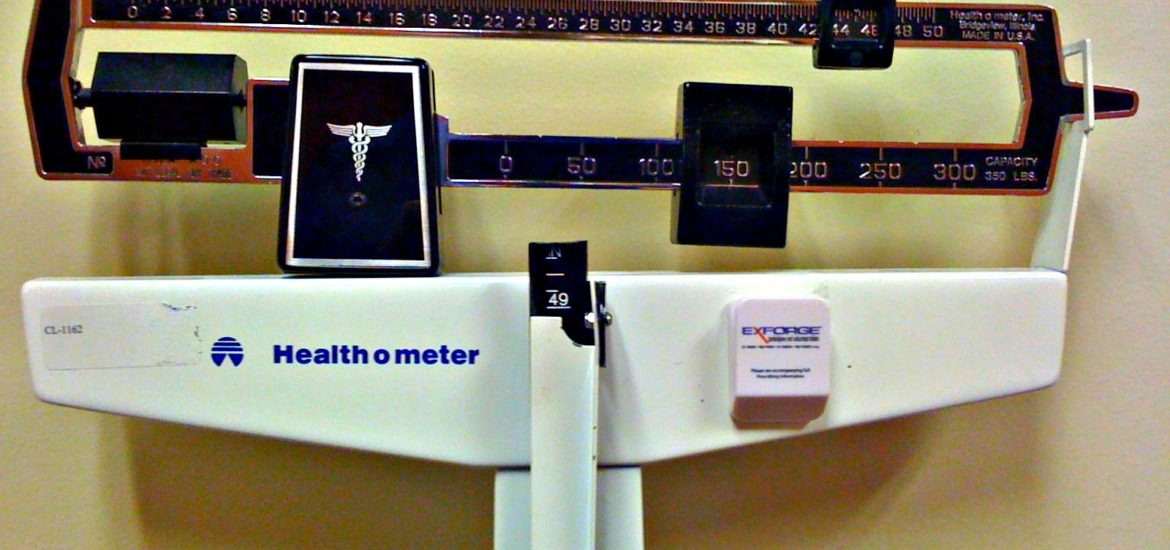For years, people have been counting on their Body Mass Index, or BMI’s as a measure of how overweight they are, and how much weight they should lose. With so much emphasis on BMI, it comes as no surprise that so many people, beat themselves up over a simple number.
Everyone must to be within the healthy range, and if you’re not you’re unhealthy—right? BMI has become something to fear and be ashamed of. It can be pretty embarrassing when your health teacher makes everyone say their BMI out loud, and yours is a little higher than everyone else’s.
However, BMI might not deserve all the attention that we give it. The concept was devised by Adolphe Quetelet, and according to Medical News Today, the math formula was created in 1830. Can you think of anything else from that long ago that we still rely on? Me either.
BMI only takes into consideration your height and weight, it does not acknowledge muscle mass, medical conditions, health history, or anything else that can affect your weight. The formula produces different results depending on height, and as a result, shorter people being told they are thinner than they are, while tall people are made to think that they are fatter than they are. So for someone who is shorter with a very muscular physique, BMI is not a very accurate picture of their health.
To paint a picture, think about a six-foot couch potato who weighs 203 pounds and a 5’10’’ 250 pound Olympic athlete. Who is healthier? The Olympic athlete of course! But according to BMI calculations, the athlete seems less healthy. Seems like a pretty flawed system now, huh?
BMI is like “one size fits all” clothing in stores. Obviously, one size does not fit all because we are all different shapes and sizes, and that is completely fine! Not fitting into one size doesn’t mean your unhealthy, and similarly neither does not being within the “healthy” BMI range of numbers.
To top it off, when Quetelet came up with the formula, it was meant for population studies, since there was increasing obesity in Western societies. It was not made for individual evaluation. However, after being published in the Journal of Chronic Diseases, it increased in popularity, and its accuracy and intended use went out the window.
Essentially, numbers do not determine your health. If you have a higher BMI than the ones stated as “healthy,” it doesn’t mean that you are necessarily overweight and unhealthy. Numbers are a tricky deal. Sure, you may want to take your BMI and weight into consideration, but don’t forget the other tests of health like heart rate, body fat percentage and muscle percentage. And don’t forget about your mood and energy levels — what you eat and how much you exercise can directly Affect this!
Yet, we continue to rely on these unimportant numbers as the basis for how we live our lives — and focusing too much on them leads to a downward spiral. We don’t eat what we want to because the numbers tell us we can’t. We exercise because we have to burn off we ate for lunch. We do all this to make the numbers go down, not because we actually want to. Doesn’t it seem a little crazy to have a few digits decide what we do each day?
A healthy lifestyle should be a choice, something you want to pursue, not something that you feel like you must do. Looking at the numbers too much can make health seem like a chore, and let’s be honest, nobody wants to do chores.
By Emily Abatecola

